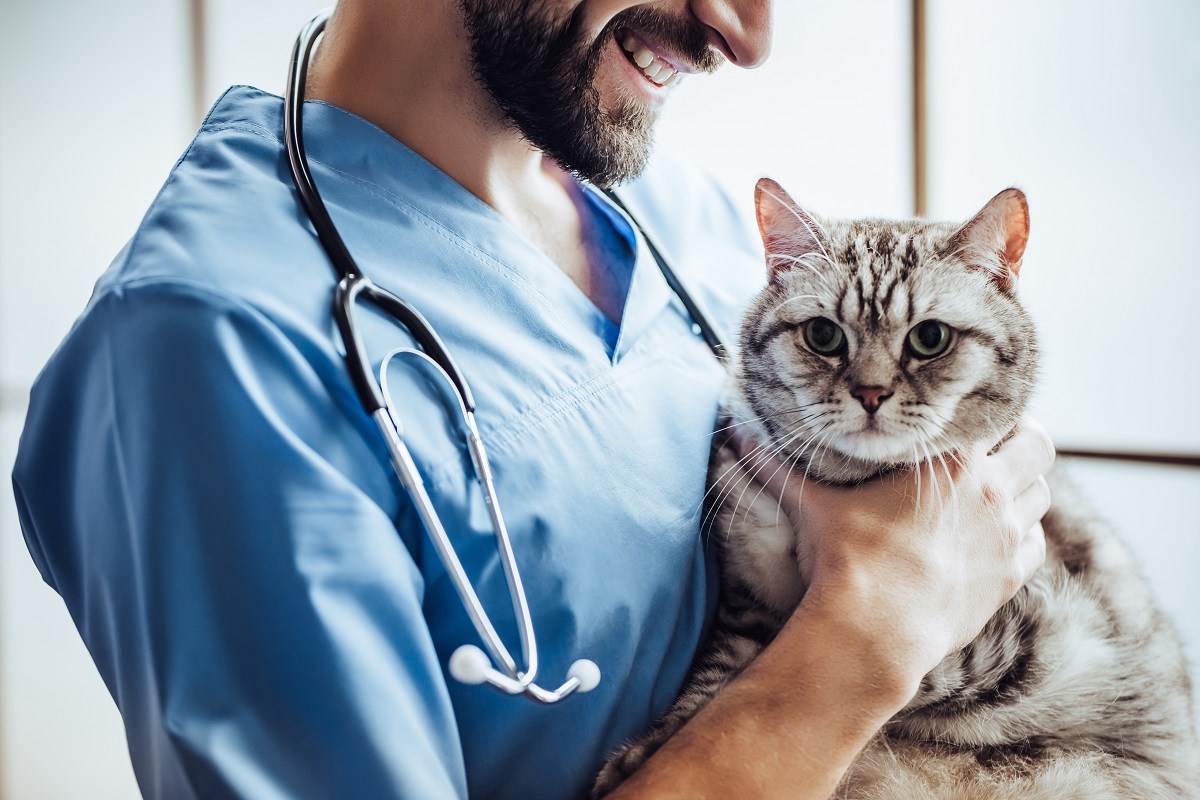Myths about Pet Spaying and Neutering
When it comes to veterinary care, few procedures are surrounded by more misconceptions than spaying and neutering. Spaying and neutering are among the most important veterinary services in modern pet care as they are the primary tool for keeping unwanted pet populations in check and preventing the suffering of animals that don't have forever homes. Spaying and neutering represent a humane method for dealing with what could otherwise quickly blossom into a significant societal problem.

Spaying and neutering procedures are quite common and, as a result, are performed by veterinary services in Jacksonville Beach, FL, every day. But there are many misconceptions about the procedures and the impacts they can have on pets. However, the best way to debunk such myths is with facts and solid information. Read on to learn more about some of the common myths that surround the spaying and neutering of pets.
Myth 1: It Causes Weight Gain
Many people claim that spaying and neutering will cause pets to gain weight after the procedure is done. However, that isn't the case. Pets, like people, gain weight when they eat more than they should or when they don't get enough exercise. Sometimes, weight gain can come as a result of some combination of those two factors. Spaying and neutering have little impact on the weight of your pet. It's important to make sure your pet gets enough exercise and doesn't eat excessively regardless of whether they've been spayed or neutered.
Myth 2: Female Pets Should Have a Litter First
There's a long-held belief that female pets benefit from having a litter of puppies or kittens before being spayed. Again, this myth is easily debunked, as there's no demonstrable, documented advantage associated with allowing a female dog or cat to have a litter before spaying. Though pets may have personalities and are cherished by their caretakers, animals simply don't experience parenthood in the same way that humans do. Therefore, it's more humane to have your pet spayed to prevent contributing to the sizable population of homeless pets.

Myth 3: Pets Shouldn't be Spayed or Neutered at a Young Age
Another myth that can easily be debunked is the notion that pets must reach a specific age before they can be spayed or neutered. Female pets can be ready for their first litter at as little as four months old, and male pets can impregnate females at around six months old. There is no minimum age for spaying and neutering, though most vets simply aim to complete the procedures before the pet reaches sexual maturity.
Myth 4: It's Painful for Pets
Modern spaying and neutering are minimally invasive and cause little pain for pets. Pets are placed under anesthesia during the procedure, and some vets provide pain medicine that's dispensed for use at home after the surgery is completed. Most pets experience little more than mild discomfort throughout the recovery period and heal quickly.
Though spaying and neutering are surrounded by long-held misconceptions in some circles, it's easy to dismiss those myths with knowledge and facts. Spaying and neutering are at the heart of humane, responsible pet ownership and offer the best way of keeping pet populations in check. To learn more about spaying and neutering, contact Forever Vets Animal Hospital at (904) 367-2787. We have 8 convenient locations with extended hours. Serving Jacksonville, Jacksonville Beach, Orlando, St. Johns, St. Augustine, Ponte Vedra and more.


